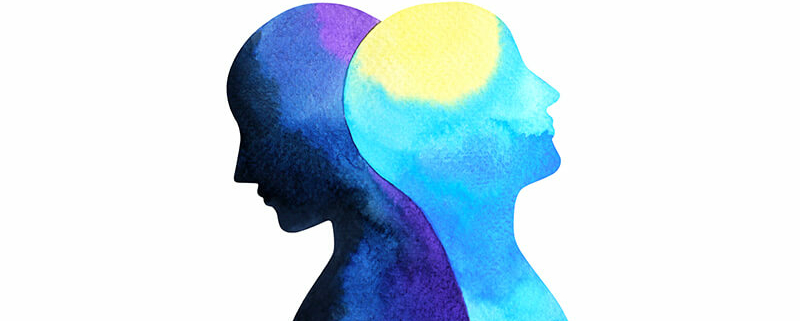From stress to serenity
The term stress was in actual fact introduced by physics to indicate a force which, by acting on a solid body, causes its deformation. Transferred to biology, the word indicates all those factors that tend to change the normal functions of an organism. The Hungarian physician Hans Selye gave the name “General Adaptation Syndrome” to the set of defence reactions which, in a non-specific way, are implemented by every living organism to adapt to unfavourable conditions. In the presence of stress, an initial alarm reaction is activated, which is manifested in different ways from person to person: agitation, over-excitability and nervousness, dizziness, ringing in the ears, numbing of the fingers, the need to breathe deeply, light-headedness, tremors, hypersensitivity to noises and to physical contact, concentration and memory problems, hastiness and impatience, muscular tension, in particular around the neck, and an overall sense of weakness. This condition, which should be a means of protection against a threat, ends up straining the compensation mechanisms implemented to restore the initial calm, making the body even more fragile towards the external aggressions.
In order to defend oneself against stress, it is advisable to follow a few general rules, such as leading a healthy lifestyle, following a balanced diet, getting enough sleep, doing regular exercise, dedicating a bit of time to hobbies and relaxation, eliminating smoking, alcohol and caffeine drinks. Relaxation techniques involving deep breathing can also be useful when under high stress conditions. Various simple measures can help us transform negative stress into positive stress.

 Specchiasol
Specchiasol Specchiasol
Specchiasol Specchiasol
Specchiasol Specchiasol
Specchiasol Specchiasol
Specchiasol



 Specchiasol
Specchiasol Specchiasol
Specchiasol